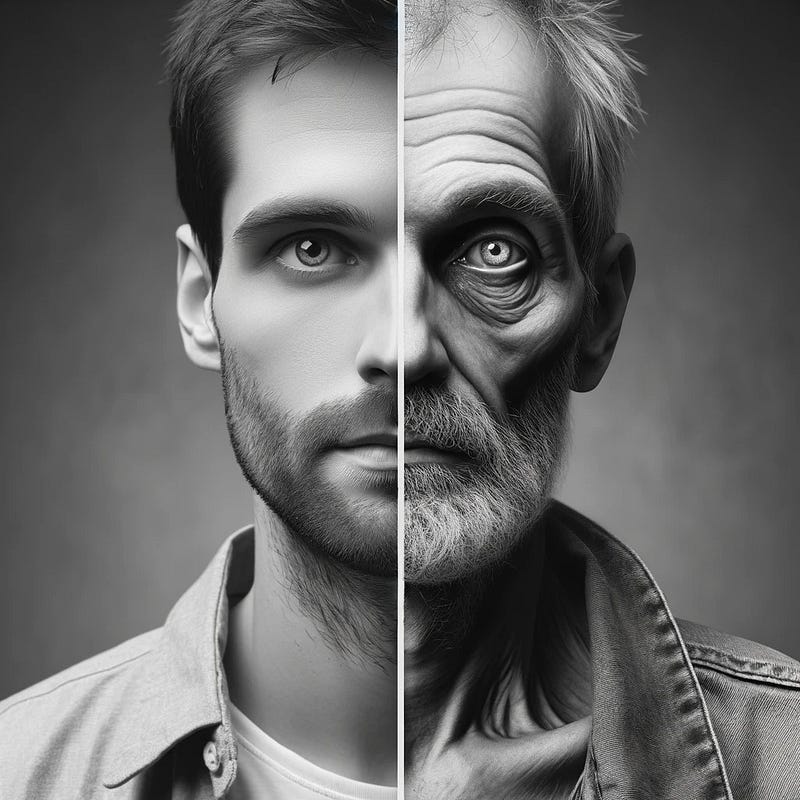Title: Understanding Addiction: A Different Perspective on Dependency
Written on
Chapter 1: The Nature of Addiction
Addiction, in many forms, is often misunderstood. When we feel the need for an external source—be it a substance, a behavior, or a person—it signals a coping mechanism. This reliance indicates an absence of completeness within ourselves. Our choices often stem from a desire to alleviate discomfort rather than to pursue genuine well-being.
As James Clear insightfully states, “Happiness is the state you enter when you no longer want to change your state.” If you find yourself yearning for something, whether it's porn, video games, money, or even caffeine, it reflects a desire to shift your emotional state. Ultimately, these cravings are all interconnected; they signify an external reliance rather than an internal fulfillment.
What happens if those external sources are stripped away? The result is often unhappiness, leaving individuals vulnerable to a cycle of dependency. To break free from this cycle, one must learn to relinquish these attachments.
It's crucial to recognize that this process is not instantaneous. The journey to letting go can span a lifetime and requires ongoing personal growth and spiritual insight. Rather than viewing this as an immediate task, consider it a holistic lifestyle shift.
Section 1.1: The Mindset Behind Addiction
Addiction should not be classified as a disease but rather as a way of thinking—a flawed perspective. When your self-worth or sense of happiness is tied to external factors like drugs or pornography, it creates a dependency. However, true happiness and intrinsic value can be found within, independent of any external influences.
Subsection 1.1.1: The Power of Being

Being represents the antithesis of craving—it's the absence of desire. When you embrace the concept of being, you realize that appreciation for your existence doesn’t require any external validation or source of happiness.
Thank you for taking the time to read this perspective! For more insights, feel free to follow and subscribe to stay updated.
Chapter 2: Insights from Experts
In the TED talk titled "Everything You Think You Know About Addiction Is Wrong," Johann Hari challenges conventional views on addiction, presenting an enlightening perspective that shifts the focus from the addiction itself to the underlying emotional and social factors that contribute to it.
Another compelling discussion, "Addiction Is Not a Brain Disease," delves into the argument that addiction stems from a flawed mindset rather than purely biochemical dependencies, offering a fresh viewpoint that can empower individuals to reclaim their lives.